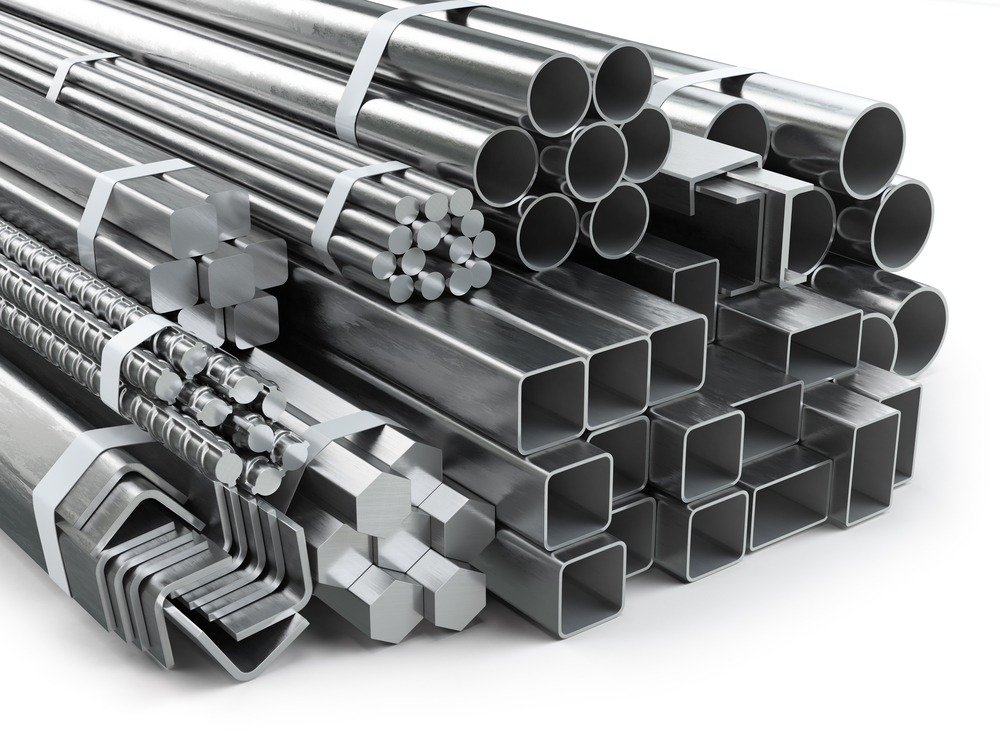Precision Engineering Unleashing the Power of Structural Steel
Precision engineering is a discipline that has revolutionized the construction and manufacturing industries, and one material that stands out for its versatility and strength in precision engineering is structural steel. The use of structural steel has unleashed a new era of innovation and efficiency in designing and constructing buildings, bridges, and various industrial structures. Its exceptional strength-to-weight ratio, durability, and adaptability make it a preferred choice for engineers and architects seeking to create structures that can withstand the test of time. One of the key advantages of structural steel in precision engineering is its ability to be fabricated with high accuracy and tight tolerances. This precision in manufacturing ensures that each component fits seamlessly with others during assembly, reducing the margin for error and enhancing the overall structural integrity. This meticulous approach to fabrication allows for the creation of intricate and complex structures, pushing the boundaries of what can be achieved in modern architecture.

The precision in manufacturing also translates into cost savings, as the efficiency in fabrication minimizes material wastage and construction time. Structural steel’s inherent strength is another factor that contributes to its dominance in precision engineering. Its robustness allows for the creation of slender and aesthetically pleasing structures without compromising on safety or stability. The ability to span large distances without the need for excessive support columns provides architects with the freedom to design open and spacious interiors, meeting the evolving demands of modern construction. This strength also makes structural steel an ideal choice for earthquake-resistant structures, ensuring the safety of occupants in seismic-prone regions. The adaptability of structural steel is a game-changer in precision engineering. Its malleability allows for easy customization, enabling engineers to tailor components to specific project requirements.
This adaptability is particularly valuable in retrofitting existing structures, where the versatility of structural steel facilitates the incorporation of new elements without compromising the integrity of the original design. Additionally, the ease of modification during the construction phase allows for quick adjustments to unforeseen challenges, structural steel contractors providing a level of flexibility that is crucial in today’s fast-paced construction environment. Beyond its physical properties, structural steel also offers environmental benefits. Its recyclability and high scrap value make it a sustainable choice, aligning with the growing emphasis on green construction practices. The longevity of structures built with structural steel further contributes to sustainability, as they require fewer resources for maintenance and repair over time. precision engineering with structural steel is a formidable combination that has redefined the possibilities in construction and manufacturing. Its precision in fabrication, exceptional strength, adaptability, and sustainability make it a material of choice for forward-thinking engineers and architects. As we continue to push the boundaries of design and construction, structural steel will undoubtedly play a pivotal role in shaping the skylines of the future.